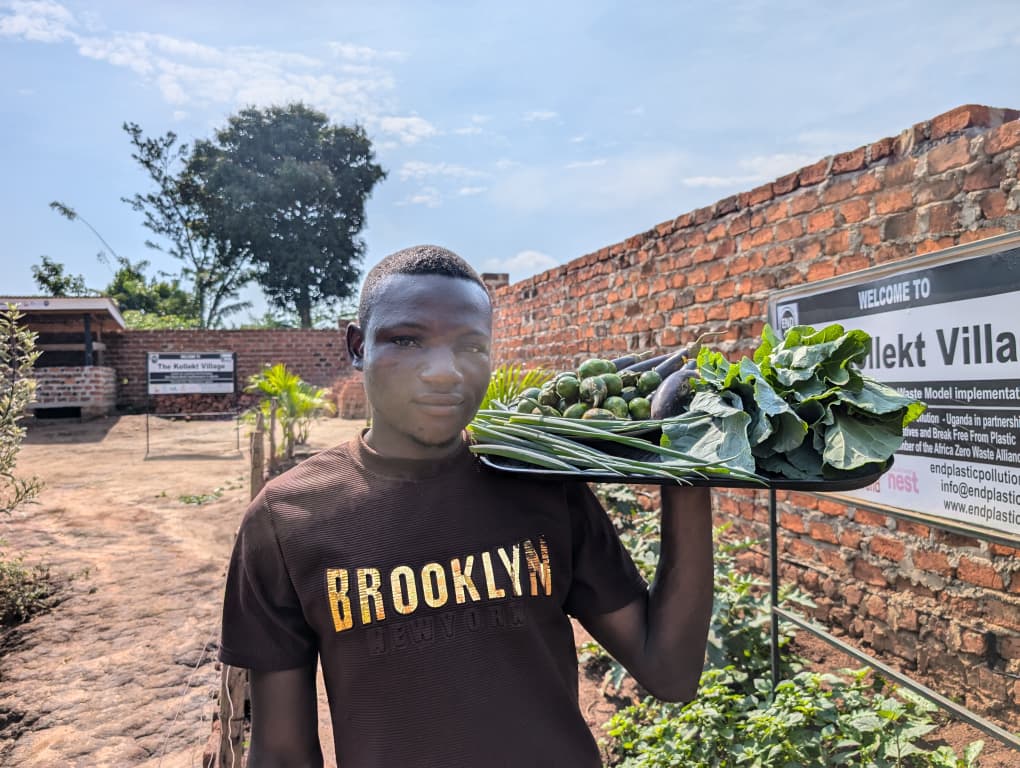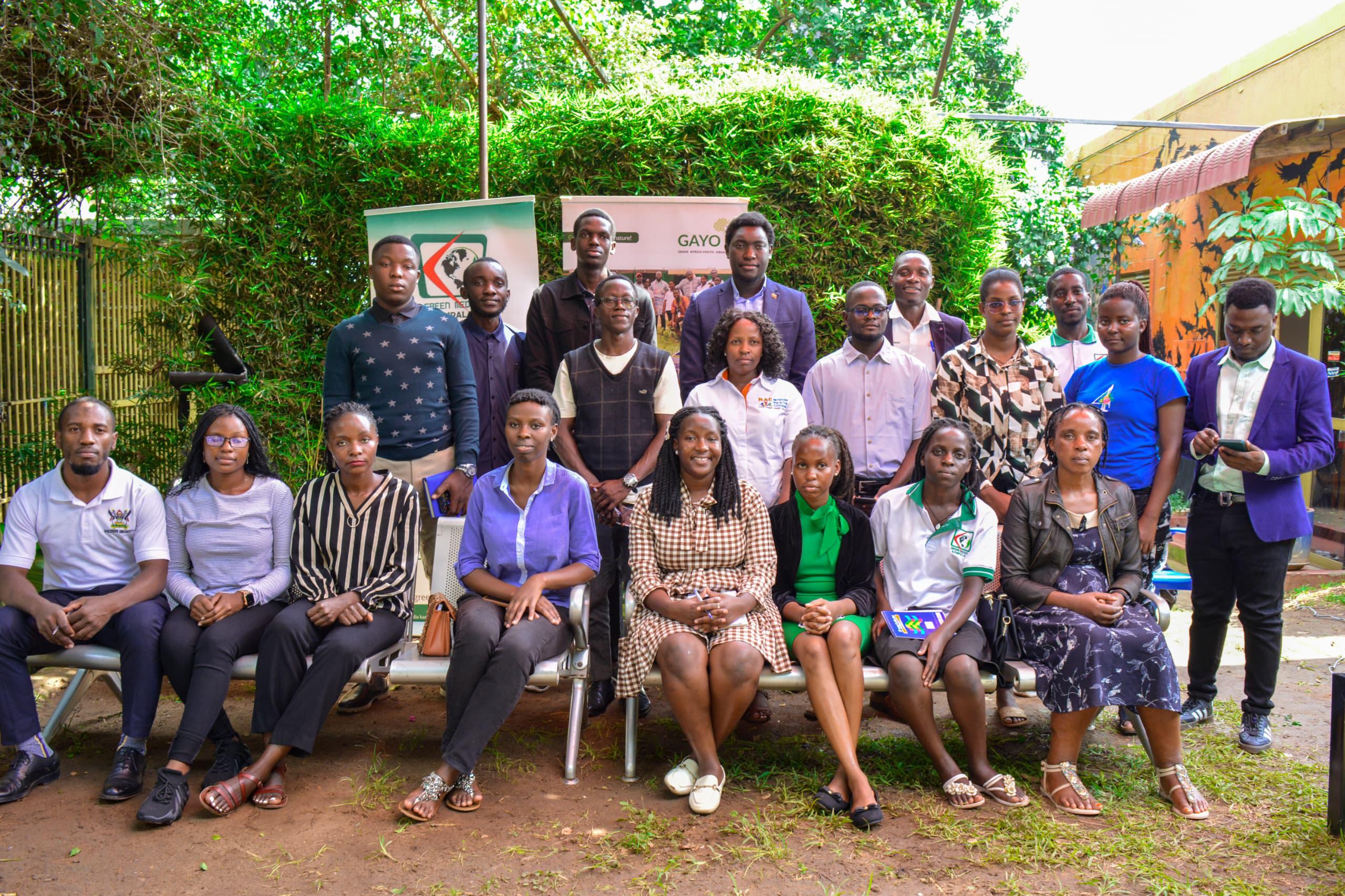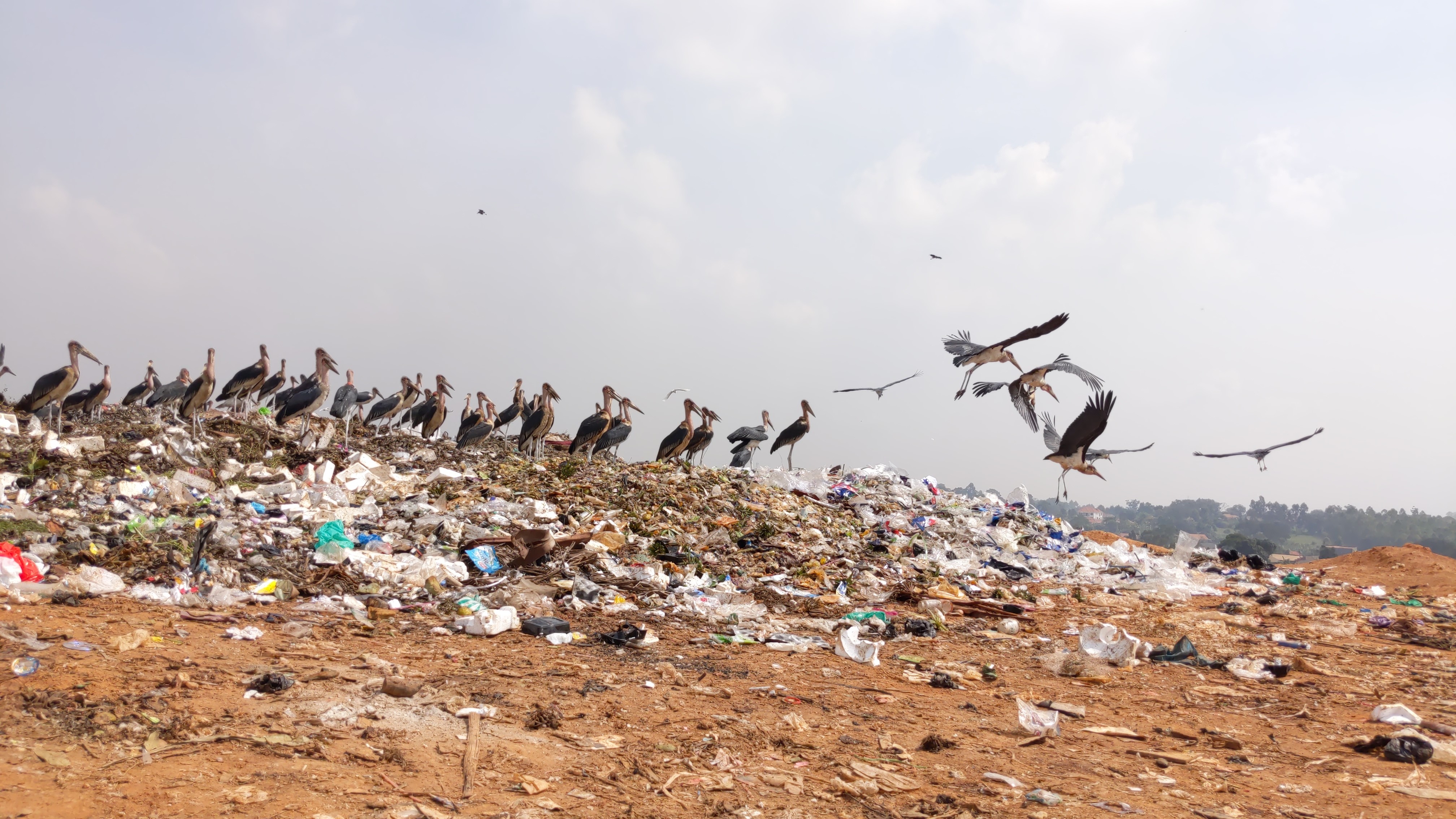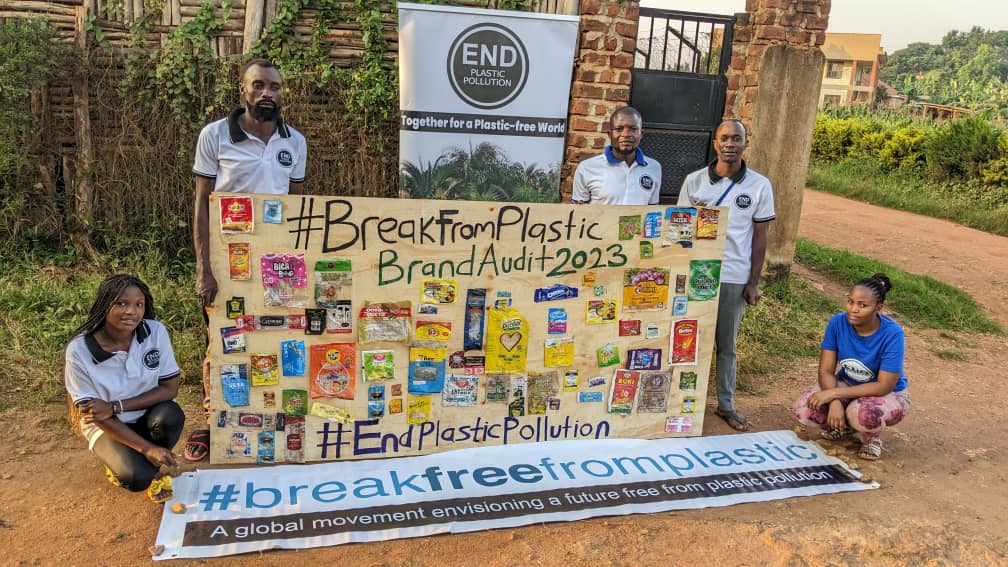In a powerful testament to the effectiveness of community-driven zero waste action, End Plastic Pollution (EPP) has reached a major milestone: the recovery of its 20th metric ton of plastic waste from the environment. This achievement marks a significant victory for the organization's zero-waste program, highlighting a scalable model that not only cleans up the environment but also fosters social equity and economic resilience.
This impressive volume of waste, diverted from landfills, incinerators, and fragile ecosystems, represents more than just a number. It is the culmination of thousands of individual actions, a shared commitment to a cleaner future, and the success of a holistic approach that places community at its core.
The Pillars of Success: A Model That Works
Reaching 20 tons of recovered plastic is a clear indicator that EPP's zero-waste model is delivering tangible results. This success is built on several key pillars:
- Deep-Rooted Community Participation: The program’s foundation is the active involvement of community members. Through education and accessible waste separation systems, households have become the first line of defense against pollution, ensuring recyclables are recovered at the source.
- Formal Integration of Waste Pickers: In a move that combines social justice with environmentalism, EPP has formally integrated waste pickers into their recovery system. This empowers an often-marginalized group, providing them with fair recognition and stable economic opportunities, as seen in their collaborative efforts. This integration is crucial for building an efficient and equitable waste management chain.
- Preventing Landfill and Environmental Pollution: Every kilogram of plastic recovered is a kilogram that will not clog landfills, pollute rivers, or harm wildlife. This 20-ton milestone directly translates to a significant reduction in environmental degradation and public health risks.
- Educational Outreach: The recent Youth Zero Waste Ambassadors training at The Kollekt Village is a prime example of EPP's forward-thinking strategy. By empowering the next generation with knowledge and advocacy skills, they are ensuring the long-term sustainability and expansion of the zero-waste ethos.
A Positive Impact
The recovery of 20 tons of plastic has created a ripple effect of positive outcomes. It has:
- Conserved Resources: By channeling plastic back into the recycling stream, the program promotes a circular economy where materials are reused and repurposed rather than discarded.
- Strengthened Livelihoods: The involvement of waste pickers and community members in the recovery process provides supplemental income and fosters a sense of ownership and pride.
- Built a Blueprint for Expansion: This milestone is not an endpoint, but a proof of concept. It demonstrates a viable, community-centric model that has the potential to be replicated and scaled in other neighborhoods and cities, amplifying the impact far beyond the initial program area.
"This achievement belongs to the entire community—every individual who separates their waste, every waste picker who collects it, and every person who advocates for change," said Nkata Umaru the MRF manager from End Plastic Pollution.
"Recovering 20 tons of plastic shows what is possible when we come together around a common goal. It fuels our determination to expand this model and push for a future free from plastic pollution." Said Nirere Sadrach the Founder and Team Leader at End Plastic Pollution.
As End Plastic Pollution celebrates this landmark, the team looks ahead with renewed vigor. The 20-ton milestone is a powerful validation of their mission and a clear signal that with a collaborative, zero-waste framework, real and measurable change is not just possible—it is already happening.




